

Articles
How To Store Dry Vermouth
Modified: December 7, 2023
Learn the best way to store dry vermouth in this informative article. Discover helpful tips and techniques to keep your vermouth fresh and flavorful.
(Many of the links in this article redirect to a specific reviewed product. Your purchase of these products through affiliate links helps to generate commission for Storables.com, at no extra cost. Learn more)
Introduction
Dry vermouth is a popular fortified wine that is commonly used as a key ingredient in classic cocktails like the Martini and the Manhattan. It is a versatile and flavorful spirit that adds depth and complexity to mixed drinks. However, like any other wine, dry vermouth needs proper storage to maintain its quality and flavor over time. In this article, we will explore the best techniques for storing dry vermouth to preserve its taste and ensure it stays fresh for as long as possible.
Understanding the nature of dry vermouth is crucial when it comes to storing it correctly. Made from white wines infused with a blend of botanicals and fortified with distilled spirits, dry vermouth has a delicate balance of flavors and aromas. To maintain its unique characteristics, it is essential to store it properly and protect it from factors that can degrade its quality.
Several factors can affect the storage of dry vermouth, including exposure to light, temperature fluctuations, and air exposure. Light can break down the compounds in the vermouth, causing it to become oxidized and lose its flavor. Temperature fluctuations can also impact the vermouth, leading to changes in taste and aroma. Finally, exposure to air can cause the vermouth to deteriorate, resulting in a loss of freshness and complexity.
Key Takeaways:
- Proper storage of dry vermouth is crucial to maintain its flavor and quality. Factors like light exposure, temperature, and air can impact its integrity. Choose the right container and follow specific storage guidelines to preserve its freshness.
- Whether stored in the pantry, refrigerator, or freezer, dry vermouth requires careful attention to maintain its flavor. Minimize air exposure, avoid heat, and use fresh ingredients to extend its shelf life and enhance cocktail experiences.
Read more: How To Store Vermouth
Understanding Dry Vermouth
Dry vermouth is a type of fortified wine that is flavored with various botanicals, including herbs, spices, and sometimes even fruits. It is often characterized by its dry and herbaceous taste, making it a popular choice in many classic cocktails.
When it comes to dry vermouth, there are two main categories: French and Italian. French dry vermouth tends to have a lighter and more floral flavor profile, while Italian dry vermouth is usually bolder and more aromatic.
The botanicals used in the production of dry vermouth can vary, but common ingredients include wormwood, which gives vermouth its distinct bitterness, as well as botanicals such as coriander, chamomile, and citrus peel. These botanicals are infused into the base wine, which is then fortified with a distilled spirit, typically brandy or neutral grain spirits.
Dry vermouth is known for its versatility in cocktails. It can be used as a modifier, adding complexity and depth to a drink, as well as a base spirit in some cocktails where it takes the center stage, like the classic Martini. With its herbaceous and dry flavors, dry vermouth can balance the sweetness of other ingredients in a cocktail, creating a well-rounded and harmonious flavor profile.
To truly appreciate the nuances of dry vermouth, it is important to consider the quality and freshness of the bottle. Like any wine, vermouth can spoil or lose its flavor over time if not stored properly. Proper storage techniques are essential to maintain the integrity and flavor of the vermouth, ensuring that it is always ready to elevate your cocktails.
Factors Affecting Vermouth Storage
When it comes to storing dry vermouth, there are several factors that can impact its shelf life and overall quality. By understanding these factors, you can make informed decisions on how to properly store your vermouth to maximize its longevity and preserve its flavor.
- Exposure to Light: Light can be detrimental to the quality of dry vermouth. Ultraviolet rays from sunlight or fluorescent lighting can cause the vermouth to become oxidized, leading to a loss of flavor and freshness. To protect the vermouth, it is best to store it in a dark or opaque container and keep it away from direct sunlight or bright artificial light sources.
- Temperature Fluctuations: Dry vermouth is best stored at a consistent and cool temperature. Temperature fluctuations can affect the chemical composition of the vermouth, leading to changes in taste and aroma. It is recommended to store vermouth in a cool pantry or cellar, away from heat sources like stoves or ovens, which can cause the temperature to fluctuate.
- Exposure to Air: Exposure to air can cause dry vermouth to lose its freshness and become stale. When vermouth comes into contact with oxygen, it undergoes oxidation, which can result in a change in flavor and aroma. To minimize air exposure, it is important to seal the bottle tightly after each use and consider transferring the vermouth to a smaller container to reduce the amount of air trapped inside.
- Proper Cork or Cap: The closure of the vermouth bottle plays a vital role in maintaining its quality. Vermeouth bottles usually come with either a cork or a screw cap. Ensure that the closure is tight and secure to prevent air from entering the bottle. If the original closure becomes compromised or loose, it may be necessary to transfer the vermouth to a different container with an airtight seal.
By taking these factors into consideration, you can create an optimal storage environment for your dry vermouth, ensuring that it retains its flavor and quality for an extended period of time. Proper storage techniques are key to enjoying the full potential of this versatile and delicious spirit.
Proper Storage Techniques for Dry Vermouth
To ensure that your dry vermouth remains fresh and flavorful, it is essential to follow proper storage techniques. By implementing these practices, you can extend the shelf life of your vermouth and maintain its quality. Here are some recommended storage techniques:
- Choose the Right Container: When storing dry vermouth, it is important to consider the container you use. Opt for a bottle or container made of dark or opaque glass to protect the vermouth from light exposure. Light can degrade the vermouth and result in a loss of flavor. Additionally, choose a container with a tight-fitting closure to minimize air exposure.
- Store in a Cool and Dark Place: Dry vermouth is best stored in a cool and dark environment. Exposure to heat and light can negatively impact its flavor and freshness. Ideally, store your vermouth in a cool pantry or cellar, away from direct sunlight or sources of heat such as stoves or radiators.
- Seal the Bottle Properly: After every use, make sure to tightly seal the vermouth bottle to minimize air exposure. Oxygen can cause oxidation, leading to a loss of flavor and aroma. If the original closure becomes loose or compromised, consider transferring the vermouth to a smaller container with an airtight seal.
- Avoid Temperature Fluctuations: Temperature fluctuations can affect the quality of dry vermouth. It is important to store it in a place where the temperature remains relatively consistent. Fluctuations in temperature can impact the vermouth’s flavor and aroma. Avoid placing the vermouth near heat sources or areas with significant temperature changes.
By following these storage techniques, you can maintain the integrity and flavor profile of your dry vermouth for an extended period of time. Proper storage ensures that your vermouth is always ready to enhance your favorite cocktails and provide a delightful drinking experience.
Choosing the Right Container
When it comes to storing dry vermouth, choosing the right container is crucial for maintaining its flavor and quality. The container you use can impact factors such as light exposure, air exposure, and temperature stability. Here are some considerations to keep in mind when selecting a container for your dry vermouth:
- Dark or Opaque Glass: Opt for a container made of dark or opaque glass to protect the vermouth from light exposure. Light can degrade the quality of vermouth, causing it to become oxidized and lose its flavor. Dark or opaque glass helps to block out harmful UV rays that can impact the vermouth’s taste and aroma.
- Size of the Container: Consider the size of the container in relation to the amount of dry vermouth you have. If you have a large bottle of vermouth with only a small amount left, transferring it to a smaller container can help minimize air exposure. The less air inside the container, the better preserved the vermouth will be.
- Tight-fitting Closure: Ensure that the container has a tight-fitting closure to prevent air from entering. Whether it’s a cork or a screw cap, the closure should create a seal that minimizes air exchange. A loose closure can lead to increased air exposure, resulting in oxidation and deterioration of the vermouth’s flavor and aroma.
- Airtight Seal: Look for a container with an airtight seal to further protect the vermouth from air exposure. This can be especially beneficial if you’re storing the vermouth for an extended period. A container with a reliable airtight seal will help maintain the freshness and quality of the vermouth over time.
By selecting a container that meets these criteria, you can ensure that your dry vermouth stays fresh and enjoyable for an extended period. Remember to properly seal the container after each use and store it in a cool, dark place to maintain the vermouth’s flavor profile and overall quality. With the right container, you can savor the true essence of your dry vermouth in every sip.
Store dry vermouth in a cool, dark place, away from direct sunlight and heat sources. Once opened, keep it in the refrigerator to maintain its flavor for longer.
Read more: How To Store Sweet Vermouth
Storing Dry Vermouth in the Pantry
The pantry can be an ideal place to store dry vermouth if you have limited storage space or prefer to keep it easily accessible. However, it’s important to follow proper guidelines to ensure the vermouth remains fresh and flavorful. Here are some tips for storing dry vermouth in the pantry:
- Choose a Cool and Dark Spot: Select a cool and dark area of your pantry to store the dry vermouth. Temperature fluctuations and exposure to light can degrade the quality of the vermouth. Avoid placing it near heat sources like stoves or ovens, as well as windows or areas with direct sunlight.
- Keep it Upright: Store the dry vermouth in an upright position. Unlike wine, vermouth does not need to be stored horizontally. Storing it upright helps to minimize the surface area in contact with air, reducing the risk of oxidation and preserving the vermouth’s freshness.
- Avoid Strong Odors: Keep the vermouth away from strong-smelling foods or cleaning products in the pantry. Vermouth is susceptible to absorbing odors, which can impact its flavor. It’s best to store it in an area with minimal odors to maintain its distinct taste profile.
- Seal the Bottle Properly: After each use, ensure that the vermouth bottle is tightly sealed to prevent air exposure. Properly sealing the bottle helps to maintain the freshness and flavor of the vermouth. Consider using a vacuum wine stopper or transferring the vermouth to a smaller airtight container if necessary.
By following these pantry storage tips, you can enjoy a well-preserved and flavorful dry vermouth for an extended period. Remember to periodically check the bottle for any signs of spoilage, such as unusual odor or off flavors. If you notice any deterioration, it may be time to replace the vermouth.
Keep in mind that storing dry vermouth in the pantry is suitable for moderate consumption and relatively short-term storage. If you plan to keep the vermouth for an extended period or live in a warm climate, it’s recommended to consider alternative storage options such as refrigeration or freezing.
Refrigerating Dry Vermouth
Refrigeration is a popular storage method for preserving the freshness and quality of many beverages, including dry vermouth. By refrigerating your vermouth, you can extend its shelf life and ensure that it remains enjoyable for an extended period. Here are some guidelines for refrigerating dry vermouth:
- Choose the Right Temperature: Set your refrigerator to a temperature between 40°F (4°C) and 50°F (10°C). This temperature range helps to maintain the vermouth’s flavor and prevents it from freezing or becoming too cold.
- Seal the Bottle Tightly: Before placing the vermouth in the refrigerator, make sure the bottle is tightly sealed. A tight-fitting closure prevents air from entering the bottle, minimizing the risk of oxidation and preserving the vermouth’s freshness.
- Store Away from Strong Odors: Keep the vermouth away from strong-smelling foods or ingredients in the refrigerator. Vermouth is sensitive to absorbing odors, which can affect its flavor. Place it in a designated area where it won’t be exposed to strong odors.
- Consider a Fridge Door or Chiller Compartment: The refrigerator door or a chiller compartment can be suitable spots for storing dry vermouth. These areas tend to provide a consistent temperature. However, be mindful that the fridge door may experience more temperature fluctuations, so choose a spot that is relatively stable.
- Monitor Expiry Dates: Pay attention to the expiration date on the vermouth bottle. Refrigerating the vermouth can extend its shelf life, but it is still important to consume it within a reasonable period to ensure the best taste and quality.
Refrigerated dry vermouth can last for several months, maintaining its flavor and freshness. However, keep in mind that refrigeration may slightly alter the vermouth’s taste and aroma. Before using refrigerated vermouth in cocktails, it’s a good practice to give the bottle a gentle shake to mix any settled particles and restore its optimal flavor profile.
Refrigerating dry vermouth is particularly relevant in warmer climates, where higher temperatures can accelerate the spoilage process. By storing it in the refrigerator, you can effectively protect and prolong the vermouth’s quality, ensuring that it’s always ready to enhance your favorite cocktails.
Freezing Dry Vermouth
While refrigeration is a common method for storing dry vermouth, freezing can also be an option to extend its shelf life. Freezing the vermouth can help preserve its flavor and prevent deterioration over time. Here are some guidelines for freezing dry vermouth:
- Choose an Airtight Container: Transfer the dry vermouth to an airtight container before freezing. This helps to prevent air exposure, which can cause oxidation and degrade the vermouth’s flavor. Make sure the container is freezer-safe and can withstand temperature fluctuations.
- Leave Room for Expansion: When filling the container, leave some space at the top to account for expansion as the vermouth freezes. This prevents the container from cracking or bursting due to the liquid expanding in volume.
- Seal the Container Properly: Ensure that the container is tightly sealed to prevent air and moisture from entering. A secure seal helps maintain the vermouth’s freshness and prevents it from absorbing any odors from the freezer.
- Store in the Back of the Freezer: Place the container in the back of the freezer, where the temperature is most consistent. Avoid placing the vermouth near the freezer door, as it may experience more temperature fluctuations due to frequent opening and closing.
- Thawing and Using Frozen Vermouth: When you’re ready to use the vermouth, remove it from the freezer and let it thaw in the refrigerator for a few hours. Avoid thawing it at room temperature, as rapid temperature changes can negatively affect the vermouth’s flavor. Once thawed, gently shake the container to mix any settled particles before using the vermouth in cocktails.
It’s important to note that freezing dry vermouth may slightly alter its taste and aroma. Freezing can cause some separation or cloudiness in the vermouth, but this should not affect its usability. However, it’s recommended to use the frozen vermouth within a few months for the best taste and quality.
Freezing dry vermouth can be a useful storage method when you have surplus vermouth or want to extend its shelf life. By following these guidelines, you can ensure that the vermouth remains in good condition and is ready to elevate your cocktails whenever you need it.
Tips for Prolonging Vermouth Shelf Life
To maximize the shelf life of your dry vermouth and ensure that it remains fresh and enjoyable, consider the following tips:
- Refrigerate or Freeze: If you do not plan to consume the vermouth within a few months, consider refrigerating or freezing it. These methods help to slow down the oxidation process and extend the vermouth’s shelf life.
- Keep Away from Heat: Heat can quickly deteriorate the quality of dry vermouth, so store it away from direct sunlight and sources of heat such as stoves or heaters.
- Minimize Air Exposure: Air exposure can lead to oxidation and degradation of the vermouth’s flavor. Seal the bottle tightly after each use and consider transferring the vermouth to a smaller container to minimize the amount of air inside.
- Avoid Odor Interference: Dry vermouth can absorb odors from strong-smelling foods or cleaning products, which can affect its flavor. Store it away from any strong odors to maintain its distinct taste profile.
- Monitor Expiry Dates: Pay attention to the expiration date on the vermouth bottle. While storage techniques can prolong its shelf life, it’s still recommended to consume the vermouth within a reasonable period to ensure the best flavor and quality.
- Use Fresh Ingredients: When making cocktails with dry vermouth, use fresh ingredients to enhance the overall taste. Freshly squeezed citrus juice and high-quality mixers can elevate your vermouth-based drinks.
- Try Vacuum Sealing: Consider using a vacuum sealer to remove excess air from the vermouth bottle or container. Vacuum sealing helps to prolong the vermouth’s freshness and prevent oxidation.
- Store Vertically, Unless Refrigerating or Freezing: Unlike wine, dry vermouth does not benefit from horizontal storage. Keep the vermouth bottle upright, unless you are refrigerating or freezing it.
By implementing these tips, you can prolong the shelf life of your dry vermouth and maintain its flavor and quality for a longer period. Remember to store it properly, minimize air exposure, and pay attention to expiration dates to ensure the best taste experience in your cocktails.
Read more: How To Store Dried Oregano
Conclusion
Proper storage of dry vermouth is essential to preserve its flavor, aroma, and overall quality. Whether you choose to store it in the pantry, refrigerator, or freezer, following specific guidelines can help prolong its shelf life and ensure that it remains fresh for an extended period.
Understanding the factors that can affect vermouth storage, such as light exposure, temperature fluctuations, and air exposure, is crucial for maintaining its integrity. Choosing the right container, such as a dark or opaque glass bottle with a tight-fitting closure, helps shield the vermouth from light and minimize air exchange.
Storing dry vermouth in the pantry requires selecting a cool and dark spot, keeping the bottle upright, and sealing it tightly to prevent air exposure. If refrigerating the vermouth, maintaining a consistent temperature and storing it away from strong odors are key. Freezing dry vermouth can also be an option, but it requires proper container selection and thawing techniques.
To extend the shelf life of dry vermouth, it is important to minimize air exposure, avoid heat, use fresh ingredients in cocktails, and monitor expiration dates. Implementing vacuum sealing or transferring the vermouth to a smaller container can help reduce air exposure and oxidation.
By following these storage techniques and best practices, you can ensure that your dry vermouth remains delicious and ready to elevate your cocktails. Whether you’re enjoying a classic Martini or experimenting with new mixology creations, a well-preserved and flavorful dry vermouth will enhance your drinking experience.
Cheers to mastering the art of storing dry vermouth and savoring its nuanced flavors with every sip!
Frequently Asked Questions about How To Store Dry Vermouth
Was this page helpful?
At Storables.com, we guarantee accurate and reliable information. Our content, validated by Expert Board Contributors, is crafted following stringent Editorial Policies. We're committed to providing you with well-researched, expert-backed insights for all your informational needs.
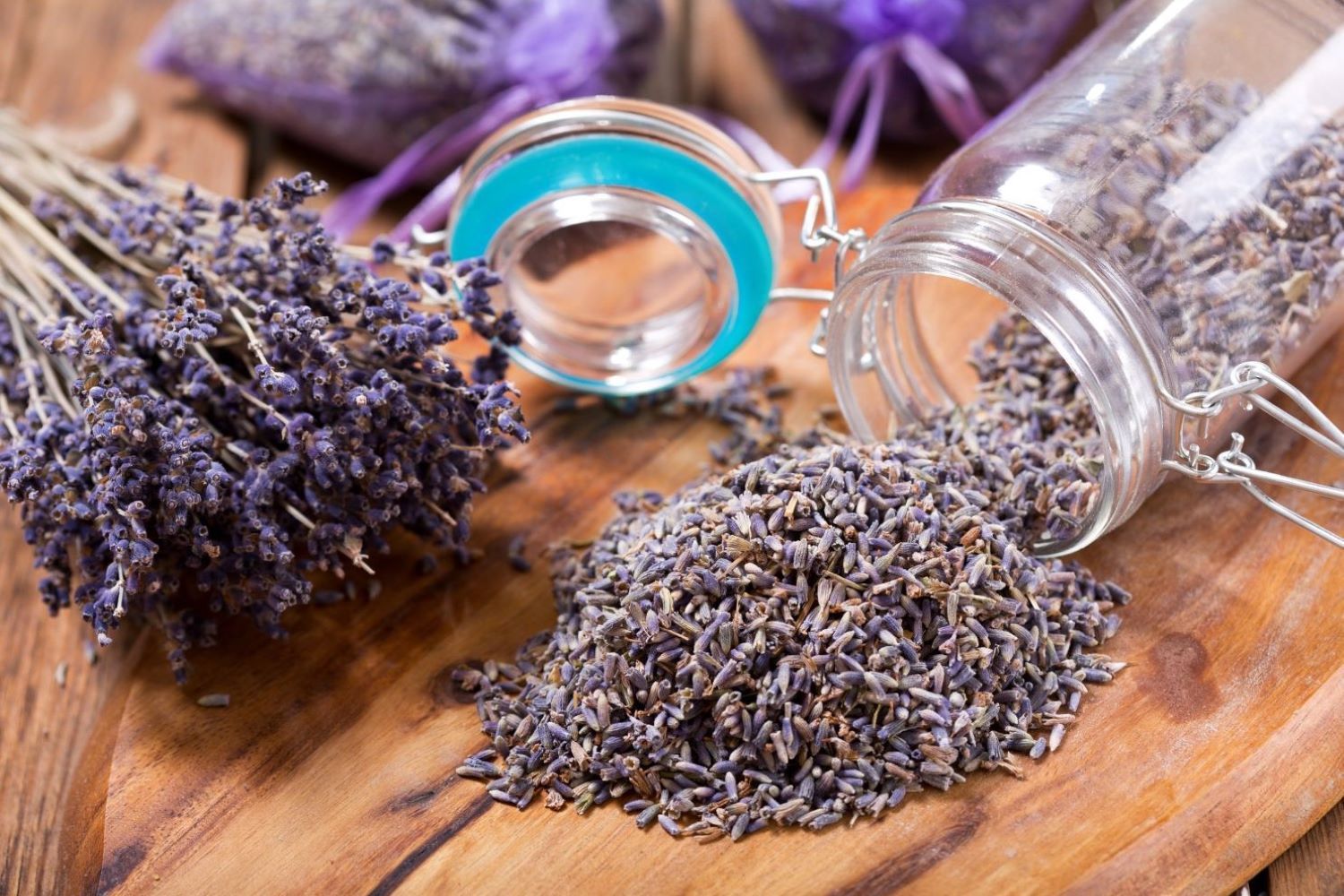
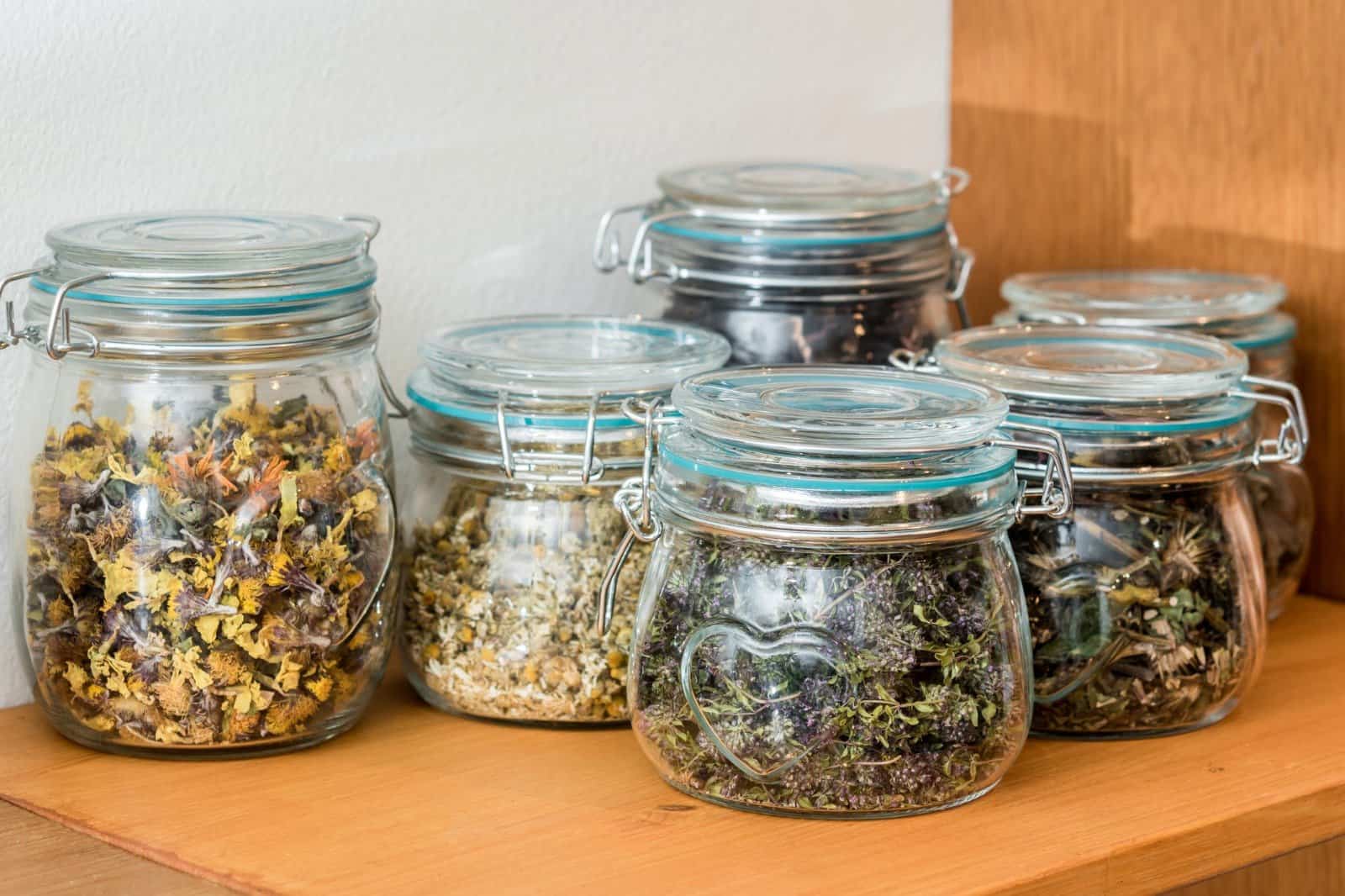


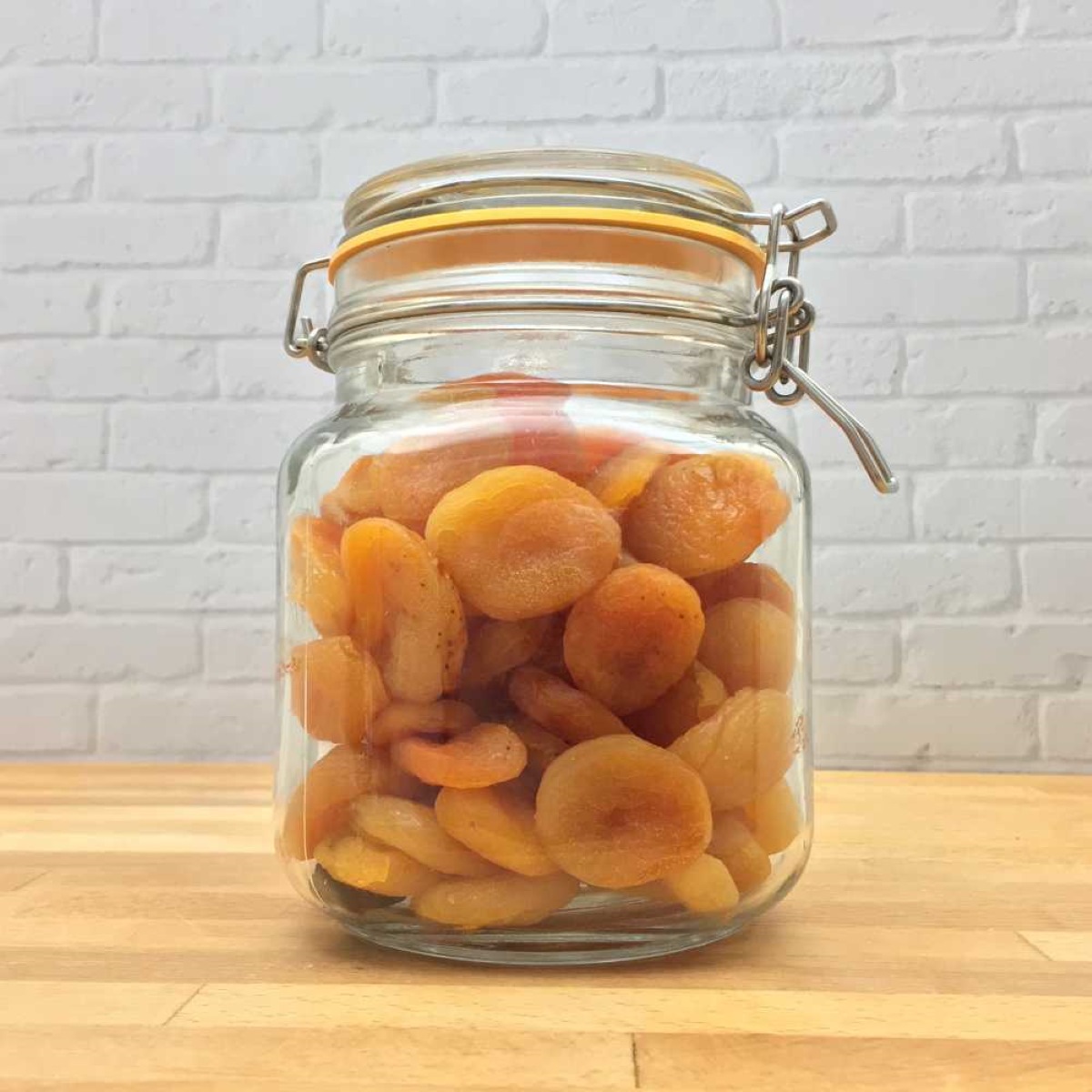
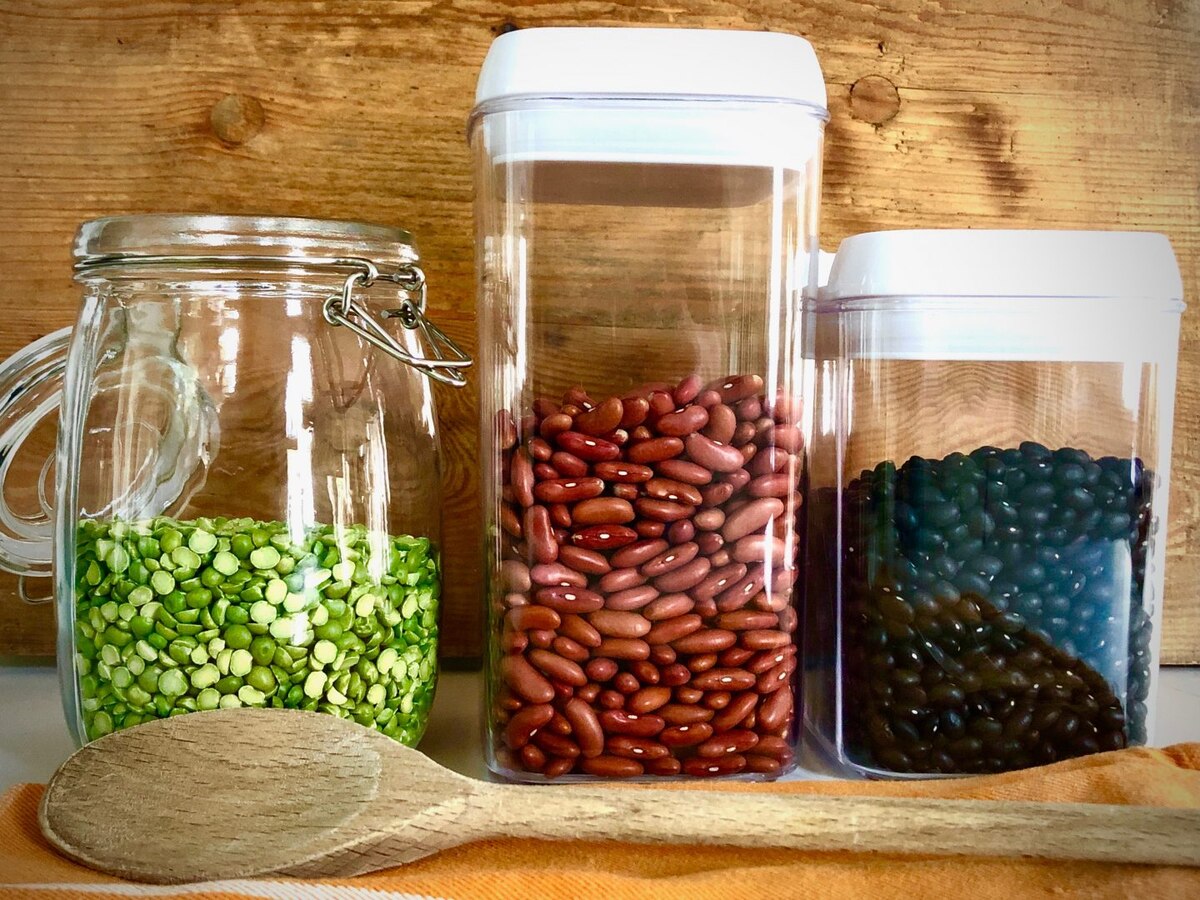

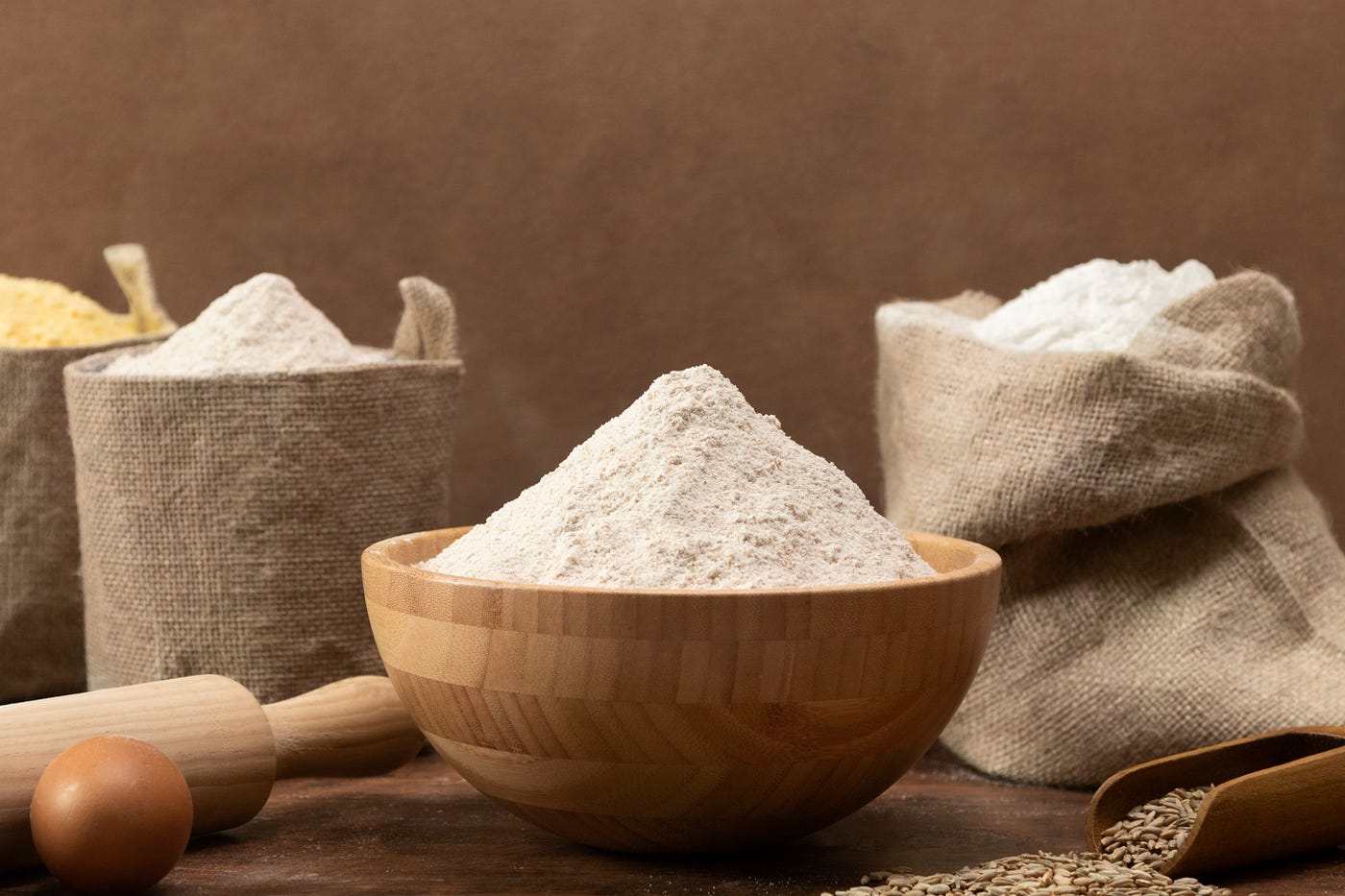

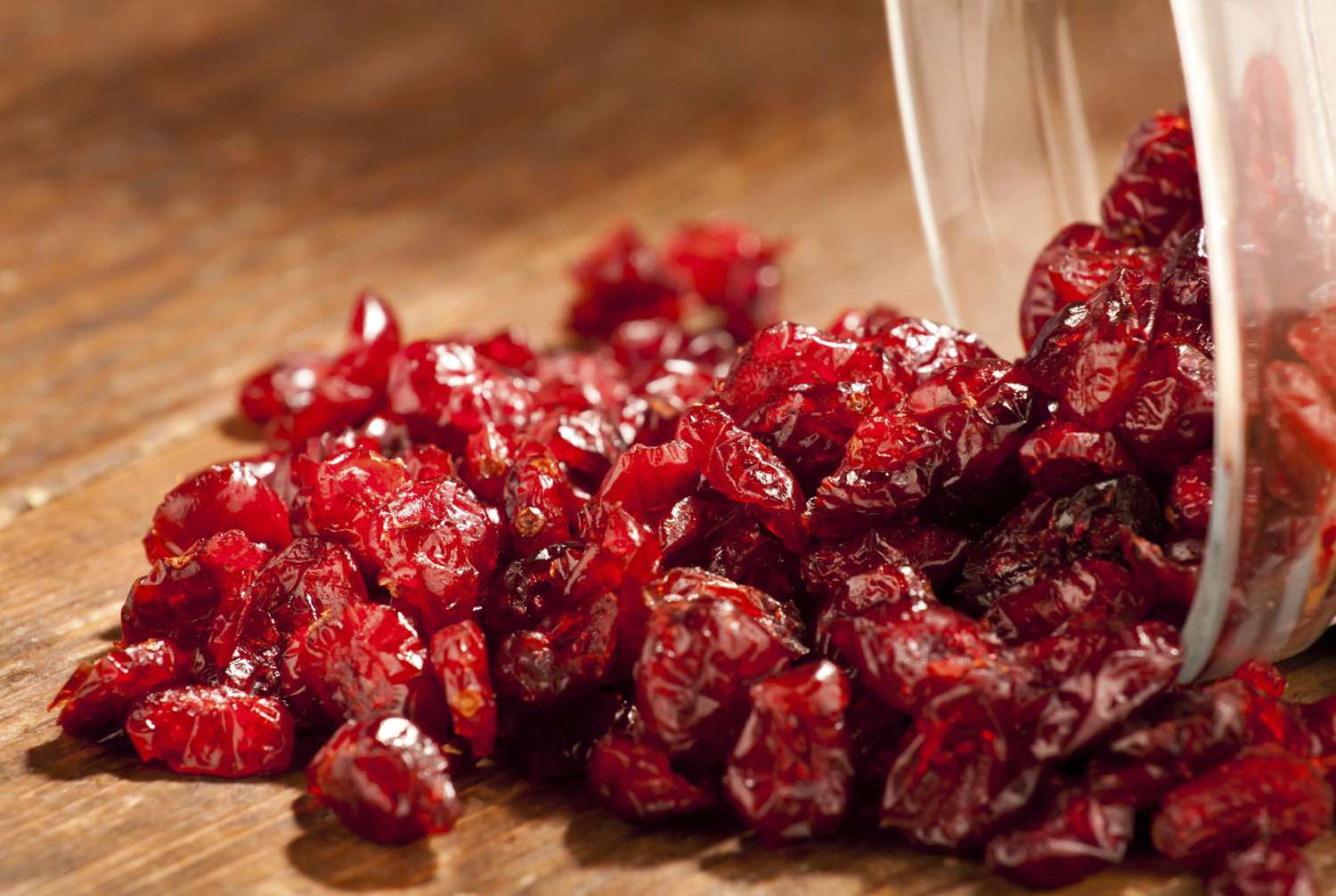

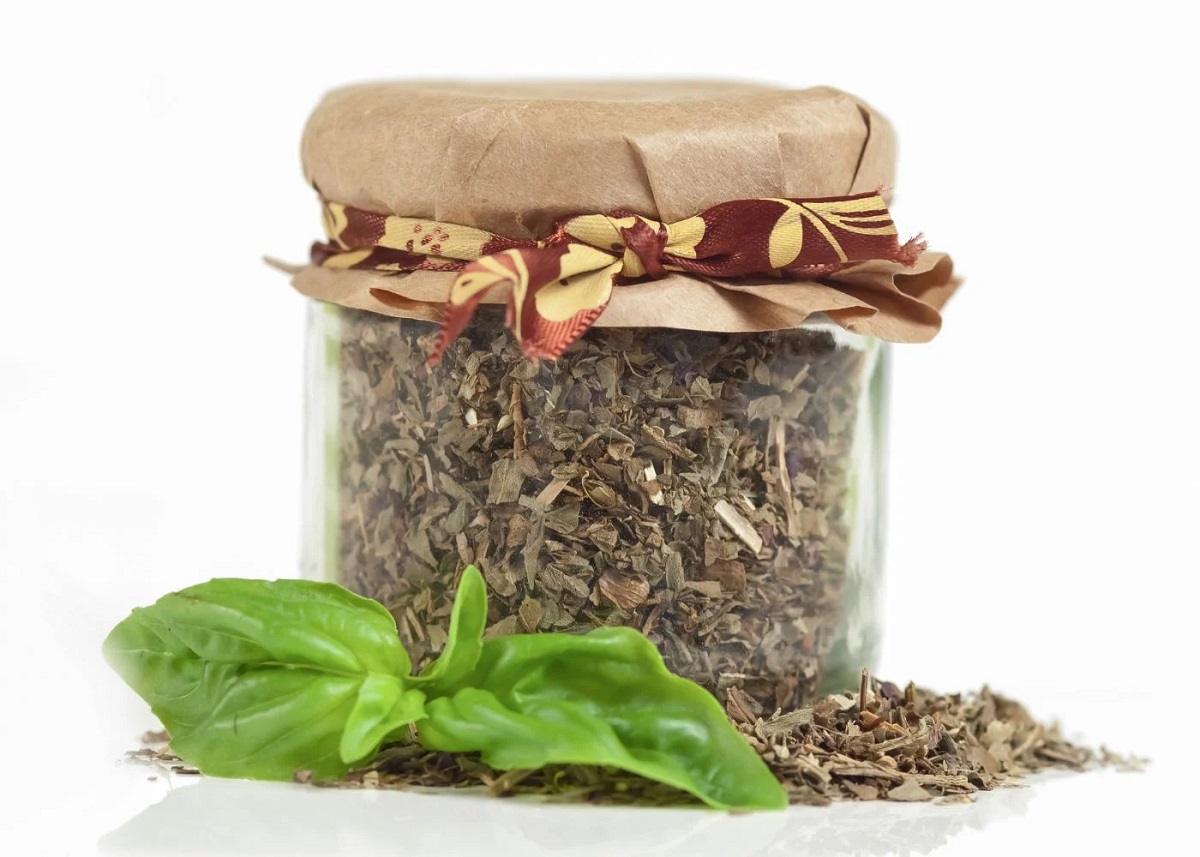
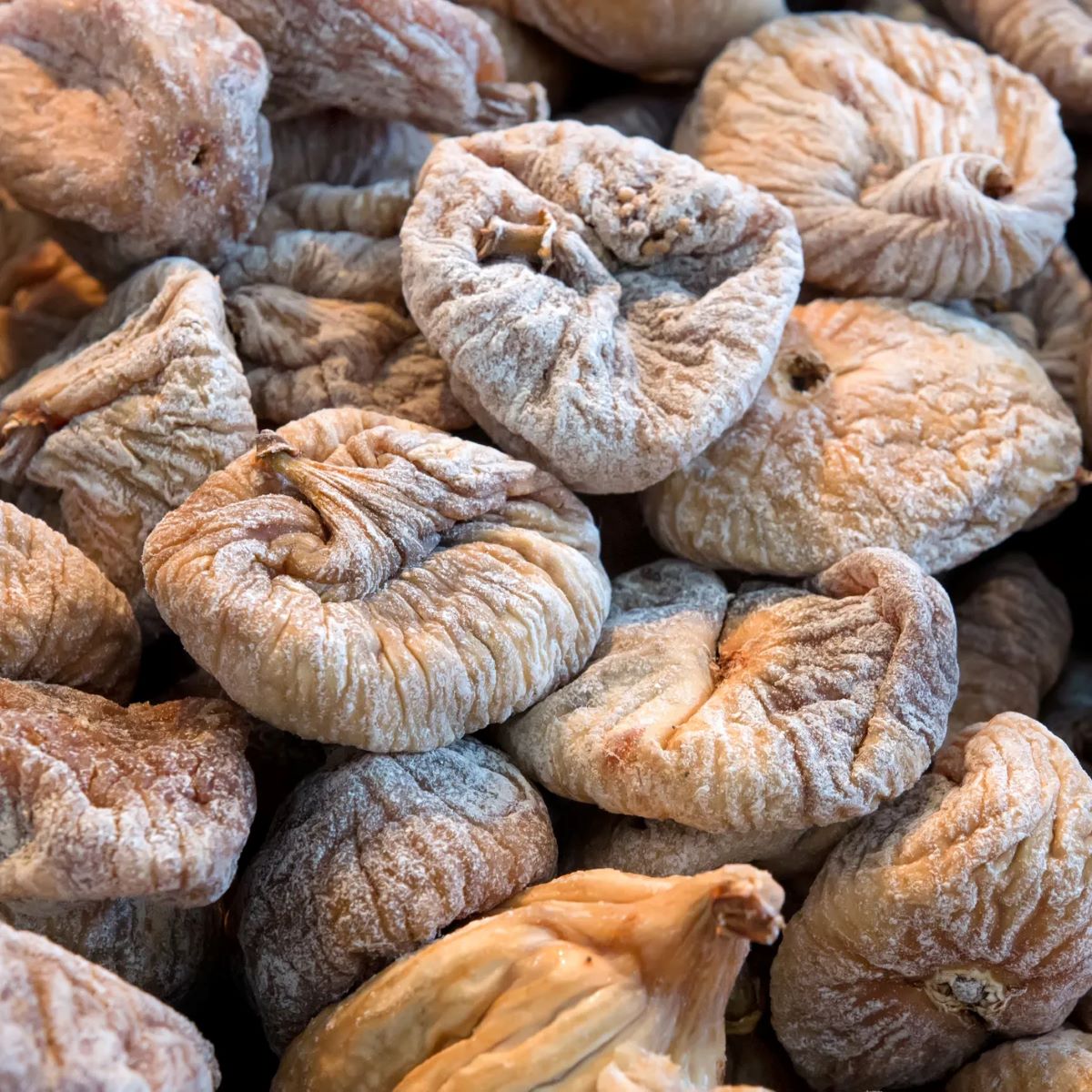

0 thoughts on “How To Store Dry Vermouth”